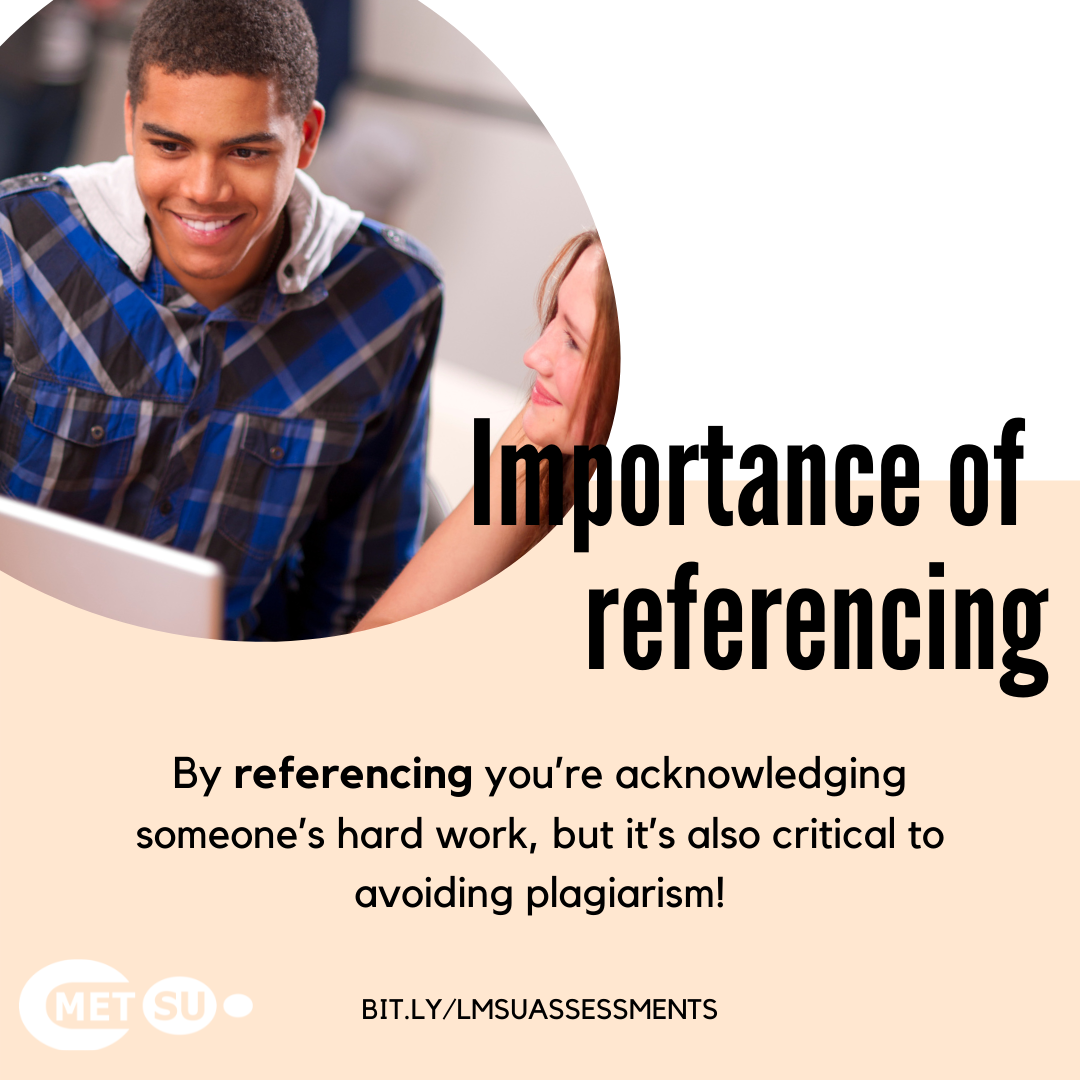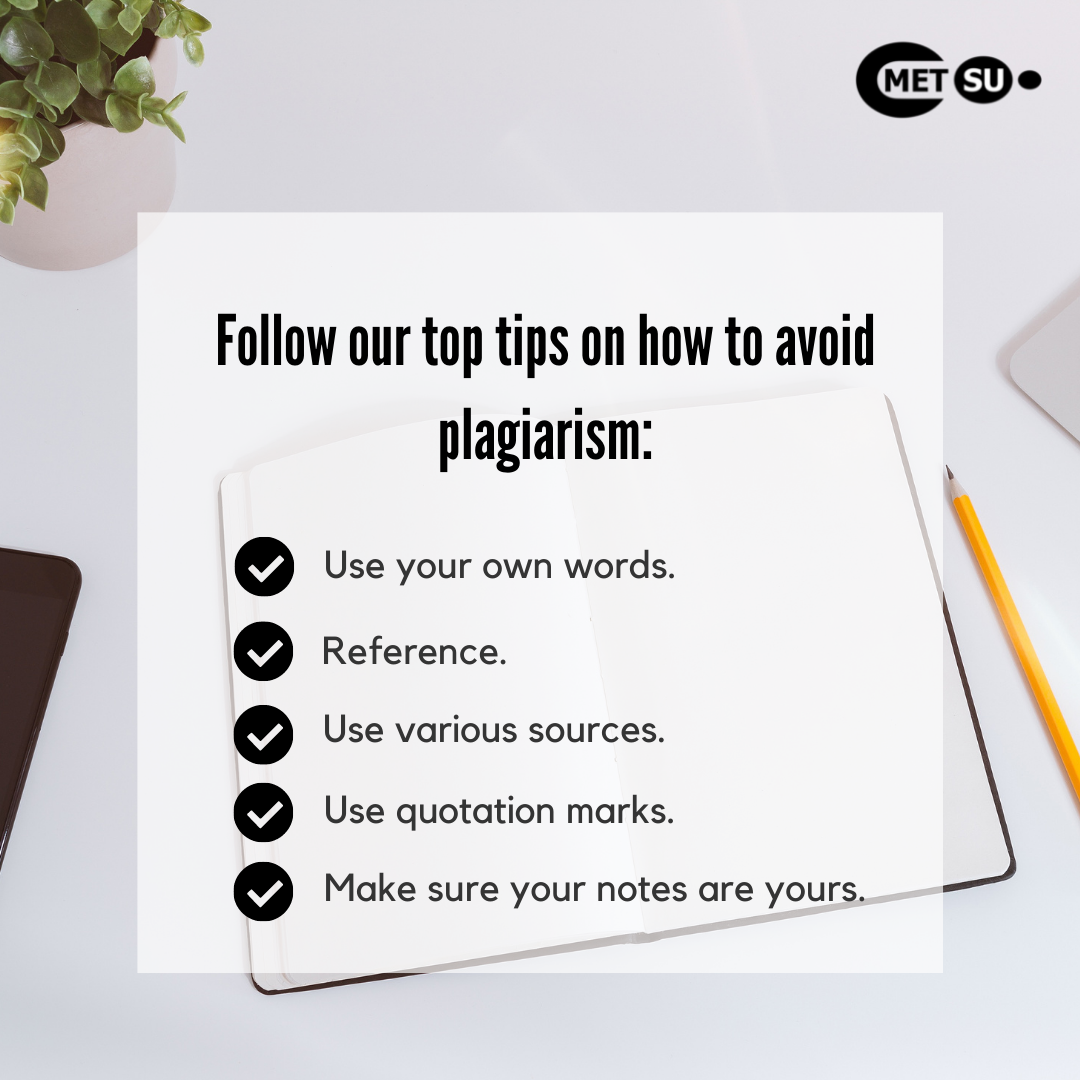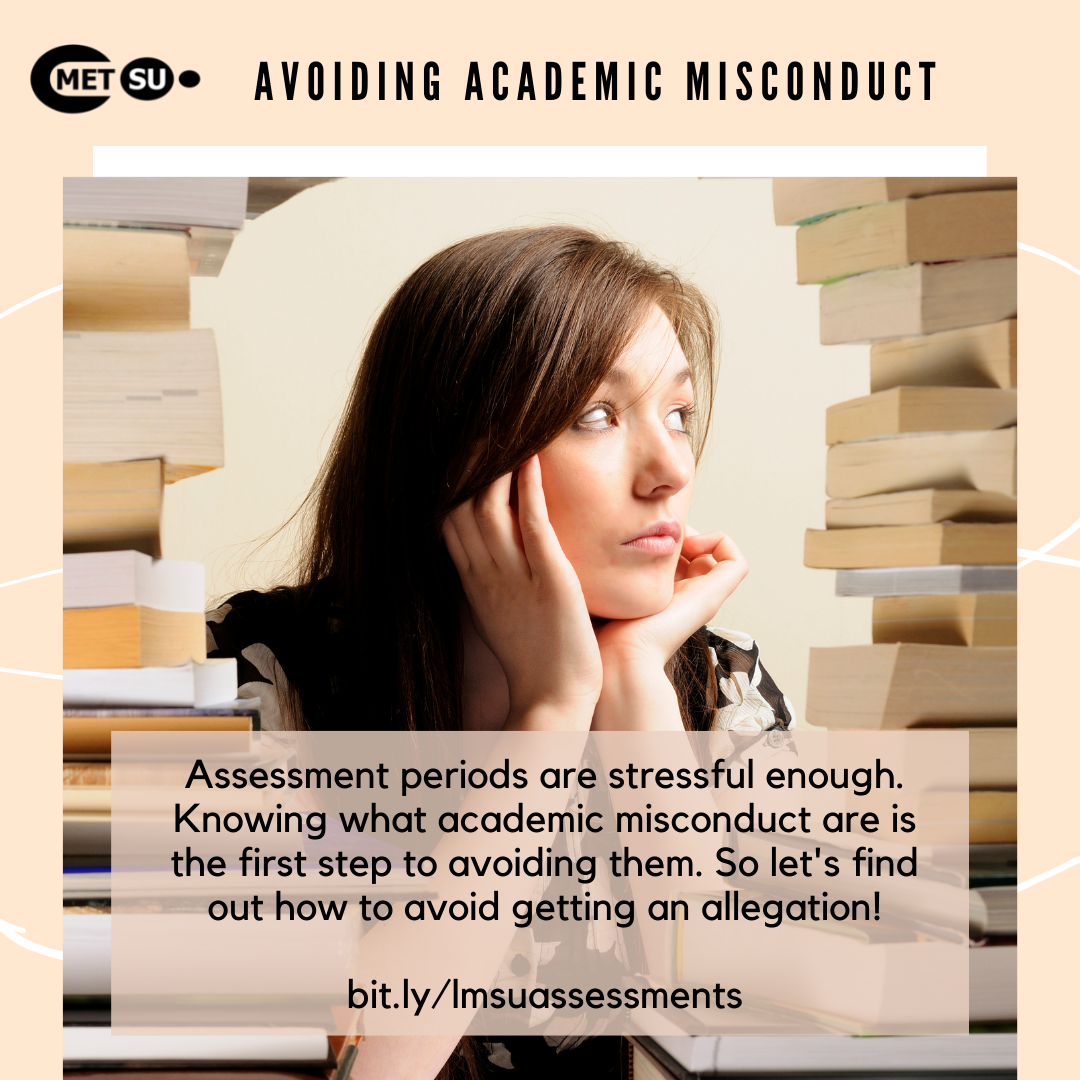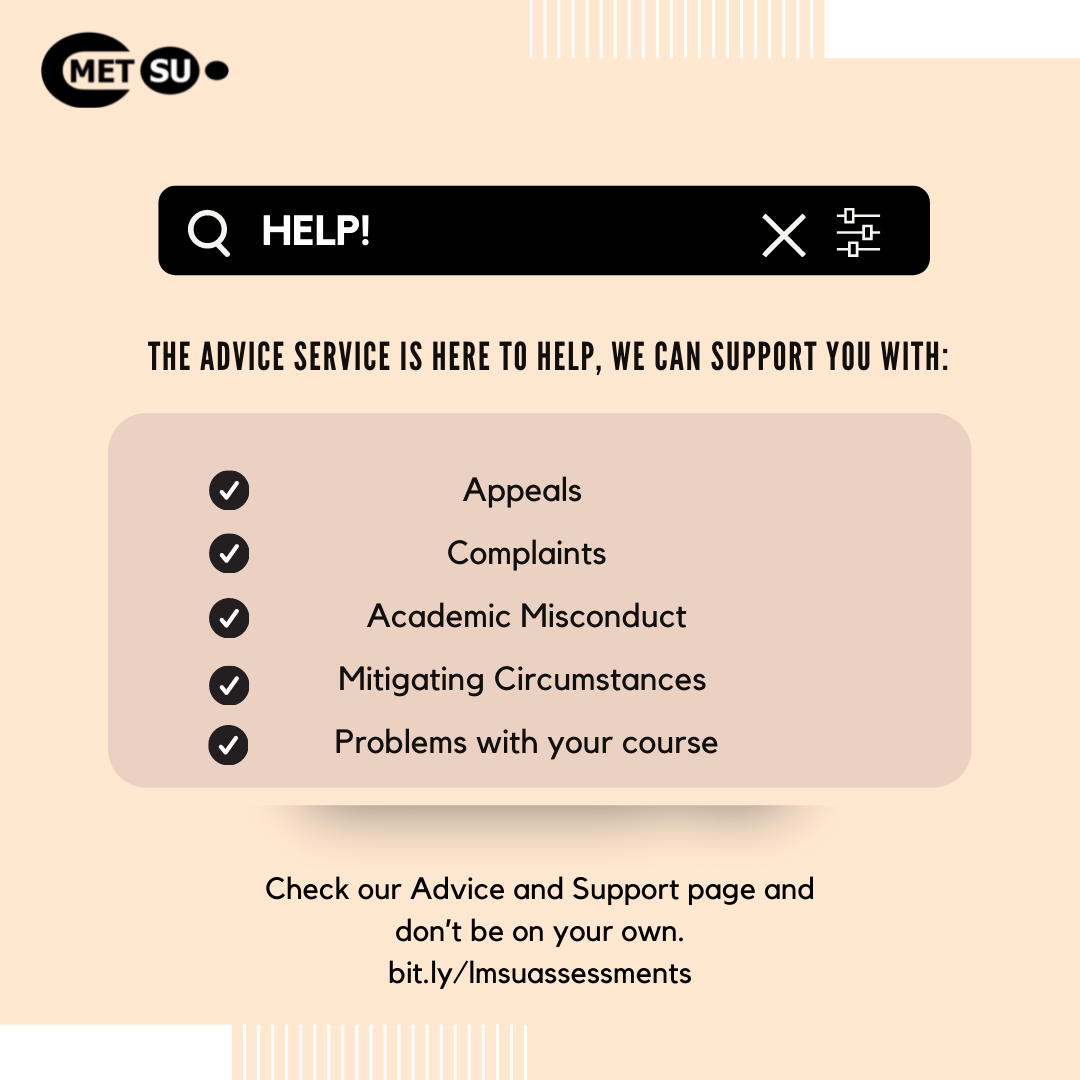.png)
Assessments can be a stressful time, but our Advice Service has practical advice to help you through it and support you if things aren't going to plan.
This page is here to give you tips around Revisions, Exams and Assessments, we hope you find it helpful.
Skip to:
This year, to support you in your revisions, Met SU has created two revision calendars which you can download below and then fill it either from your laptop or by printing it.
We have created two calendars to ensure we support students no matter how they like to revise, so pick your favourite (revising by dividing it by modules or by hours).
To download it, simply click on the calendar you want.


You've probably heard all of those before, but we thought we would remind you of some great Revision Tips.

You can download our Revision Calendars above.
Get moving by joining one of the many fitness classes that the University put on, find out more here.
Make sure to eat healthy: for inspiration, have a look at the University's Catering Company recipes.

Need help with your studying skills?
Studying at University does not come naturally:  whilst you want to work hard and do well, you may not know how to make the most of your efforts. We will introduce you to key aspects of studying at University – from making notes to managing your time – from critical thinking to producing your dissertation: information and advice plus places to go and things to do and reflect upon. Head over to the University's Study Hub to access all those great resources.
whilst you want to work hard and do well, you may not know how to make the most of your efforts. We will introduce you to key aspects of studying at University – from making notes to managing your time – from critical thinking to producing your dissertation: information and advice plus places to go and things to do and reflect upon. Head over to the University's Study Hub to access all those great resources.
Link: https://learning.londonmet.ac.uk/studyhub/
Referencing can be a scary task initially, especially for those who are new to it; however, the more you do it, the easier it becomes. The same way an essay has a structure so does the reference, and when you realise it is just a format, the daunting task of referencing will become child’s play. 
Referencing is also very important for any academic piece of work. Not only you’re acknowledging someone’s hard work, but it’s also critical to avoiding plagiarism!
Most of the time, you’ll reference the same kinds of sources such as books and journal articles. But there is a variety of sources and each of them requires different information, and that is when you will need reliable resources.
Below is some link to hopefully help you with each specific referencing style used at LondonMet:
But please REMEMBER that, although these softwares are useful and can generate citations for you, they do make mistakes sometimes, so you should still be aware of how to reference correctly.
Plan your studies and be safe
Time management is essential to study well and it helps you manage the anxiety it comes with it. When you have a pre-planned time for study, you feel confident you will handle all assignments o n time and that you have enough time to study for exams.
n time and that you have enough time to study for exams.
-
Know where, when, and how to study.
-
Set yourself targets.
-
Reflect on your learning.
Here you’ll find many tips on time management and great links at the bottom of the page, including a very useful assignment calculator.
You’ll also find some helpful tips on our webpage for exams and assessment periods, as well as a planner template.
Plagiarism is a serious type of Academic Misconduct and can happen unintentionally.
Follow our top tips below on how to avoid plagiarising and you will be on your path to success!
-
Use your own words. Don’t copy and paste or simply change a few words.
-
Reference theories, ideas, concepts, etc, that aren’t your ideas, even if you express them in your own words!
-
Use various sources. It will allow you to develop your understanding and critiques of the topic when you read widely about it.
-
Use quotation marks (and reference!) when changing the sentence changes the meaning. However, keep the number of direct quotes to a minimum. Less is best!
-
Ensure your notes are yours. When taking notes, make sure you write the reference if you note a direct quote. You don’t want to forget and mistake a quote for your own words.
Our Psychology Academic Mentor, Olaide (Dey) has a great video about plagiarism and how to avoid it.
If you have been prevented from submitting your coursework on time or attending an exam, you can submit a Mitigating Circumstances Claim.
Here is some useful information to clarify the process:
-
The University has already set an automatic five-day extension to all coursework between 8 March and 4 June 2021.
-
Claims need to be submitted within 2 weeks from the published submission date (or date of exam, presentation, practical, etc).
-
During the current situation, you don’t need to provide supporting documentation.
-
You can choose to defer the assignment for Summer or extend the deadline for a maximum of 10 working days. Please contact the module leader and discuss the impact each option might have on the module.
-
You will need to explain the reason(s) that prevented you from completing the work on time or attending the exam, practical, presentation, etc.
You can find more information on the Mitigating Circumstances page, including FAQs in the Student Guidance document.
Assessment periods are stressful enough. The first step to avoiding academic misconduct and progress through assignments and exams smoothly is to know what they are.
Some include:
-
Plagiarism
-
Collusion
-
Cheating
LondonMet’s page for academic misconduct includes an attachment to the Regulations and Procedures, which has a list of misconducts and their penalties.
Academic misconduct is a reality and their penalties range according to the offence.
Our Caseworker is here to help you if you need it!
Have a look at our website to understand more about the types of misconducts and how to contact us for help.
We offer advisory services on a range of matters including:
Check our Advice and Support page and don’t be on your own.